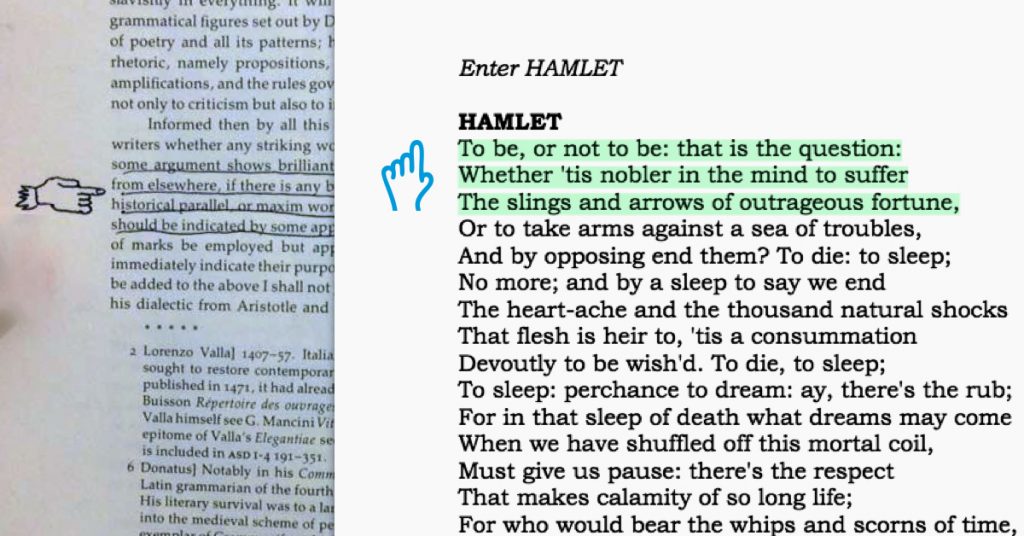‘Cowards die many times before their deaths’ is the opening of Nelson Mandela’s favourite passage from Shakespeare, an author who he loved, and used to quote from extensively. How do we know? Because he signed it in the margin of one of the few books circulated amongst the inmates during his 18 years on Robben Island.
Many readers have made a habit of making useful additions to the margins of their books. Samuel Taylor Coleridge coined the term ‘marginalia’ to describe such useful additions
Mark Twain was one author who loved to annotate the books in his possession, and his many additions have now become an online library project, where all his marginalia, additions and underlinings are carefully catalogued.
In 1637 the mathematician Pierre de Fermat was reading a copy of Arithmetica, a work by Diophantus of Alexandria, making margin notes of his own thoughts and approaches. At a key point he claimed he had a proof to one of the unsolved problems, but that it was sadly too large to fit in the margin provided. Pierre then conveniently died without writing it down anywhere else, and kept generations of mathematicians busy thereafter, trying to work out the answer. Meanwhile, “the margin wasn’t wide enough” has surely joined “the dog ate my homework” on the list of great educational excuses of all time.
In 1844, Edgar Allan Poe said, “In getting my books I have always been solicitous of an ample margin … Marking a book is literally an experience of your differences or agreements with the author. It is the highest respect you can pay him.” When it comes to the education of school or college students, however, I suspect few establishments approve of learner annotations in the school’s valuable textbooks. Despite this approach being described by some experts as ‘indispensable’.
Why is marking a book indispensable to reading it? Reading a book should be a conversation between you and the author. Marking a book is literally an expression of your differences or your agreements with the author.
How to Read a Book: The Classic Guide to Intelligent Reading
by Mortimer J. Adler (Author), Charles Van Doren (Author) (1940)
Adler even took to The Saturday Review of Literature in July 1941, to tell students exactly how to most usefully mark up their books!
Education can be an expensive business, particularly when it comes to buying textbooks. Unsurprisingly there is a thriving market in second-hand textbooks, and even university bookshops offer ‘previously-loved’ books. Far from decreasing the value of the books, the Stanford University bookstore found that they could add a premium to second-hand books that had been well-annotated by an able student from a previous cohort.
But what if the textbook could be issued already pre-annotated by the teacher, whilst the student retains the ability to amend or remove any such annotations to customise the text to their own particular needs? Services like Classoos offers just such potential. Living on the margins just got a whole lot more exciting.
Nelson Mandela’s Favourite Shakespeare passage
Mark Twain, Self-Appointed Literary Critic
How to Read a Book: The Classic Guide to Intelligent Reading
How to Mark a Book, By Mortimer J. Adler, PhD.
https://www.newyorker.com/books/page-turner/the-marginal-obsession-with-marginalia
The Future of Textbooks





